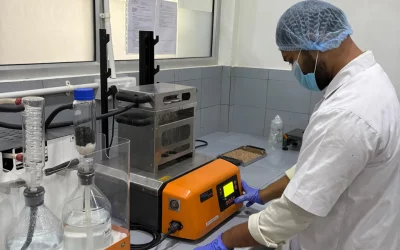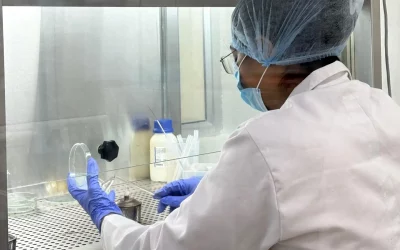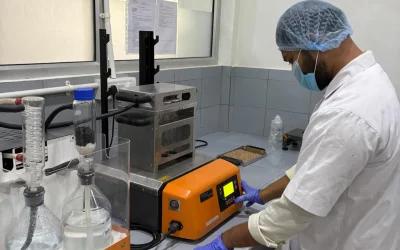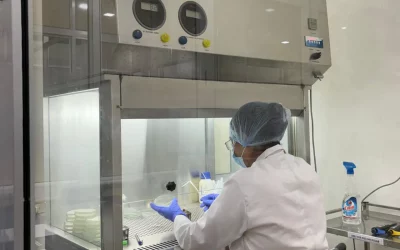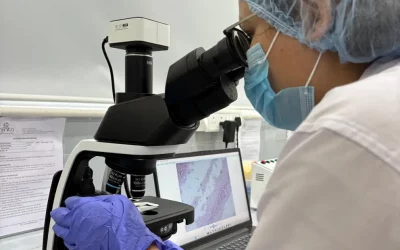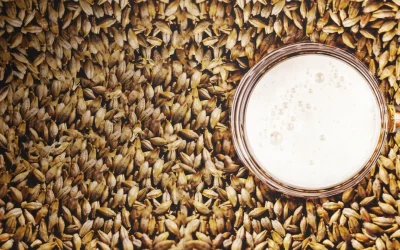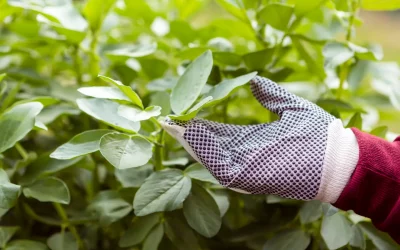Latest Blogs & Articles
What Are The Uses Of Pectin Methylesterase?
What Is Pectin Methylesterase? 3 Uses Of Pectin Methylesterase Pectinases also known as pectinolytic enzymes are a heterogeneous category of enzymes that react on the pectic substances found in plants. Specifically, pectinases hydrolyse them. Pectinases include...
What Is Enzyme Engineering? Application Of Enzyme Engineering
Enzyme Engineering And Its Application Enzyme engineering or protein engineering can be defined as the process through which the sequence of amino acids is changed by recombinant DNA mutation to design proteins or enzymes. This is done to modify the catalytic activity...
What Are Enzyme Inhibitors? Importance Of Enzyme Inhibitors
Enzyme inhibitors can be defined as molecules that bind to enzymes and decrease their activity. They bind to the active site of enzymes and decrease their compatibility with substrates which causes the inhibition of the Enzyme-Substrate complexes formation....
How To Improve The Stability Of An Enzyme
Strategies To Improve The Stability Of An Enzyme The stability of enzymes is extremely important in different applications. Enzymes are useful in many fields like biocatalysis, analytical chemistry, food processing, environmental treatment, detergent manufacture etc....
What are Enzymes? Classification and Evolution of Enzymes
Classification And Evolution Of Enzymes Enzymes or biological catalysts are macromolecules that alter the rates of chemical reactions. Enzymes function by converting substrates (reactant molecules) into different molecules called products. Enzyme catalysis is a...
What Are The Principles of Enzyme Catalysis?
Principles Of Enzyme Catalysis Catalysis is the process through which the rate of a reaction is altered while the quantity and chemical properties of the catalyst remain the same. Enzymes are a type of catalyst used to modify the rates of reactions in plants and...
Benefits Of Nattokinase Enzyme
Abstract As per the World Health Organization [WHO], out of all the factors responsible for an individual’s ill-health about 60 percent of the factors responsible for the ill conditions are purportedly correlated to the individual’s lifestyle. In today’s time, that is...
What Is Grain-Based Distillery?
Enzymes Used In Grain Based Distillery A Distillery, in the broadest sense, is a place where spirits are manufactured, refined, distributed as per various industries requirements and ‘Grain-Based’ is a reference to the feedstock [raw material] used from which the...
3 Best Enzymes For Plants Growth
How do Enzymes help In Plants Growth? 3 Best Enzymes For Plants Well, let’s take things back to the basics of complex molecular-breakdown, enzymes are naturally occurring compounds that are present almost everywhere, responsible for chemically breaking down complex...
What Is DSIR Recognition? Why Is It Important For A Biotech Company?
We are now DSIR-Recognised and all-set to fuel the BioTech R&D verticals. Though it is no surprise to our clients who have been walking by us, shoulder-to-shoulder for over three decades, banking on our R&D endeavours for creating eco-friendly enzymatic...

